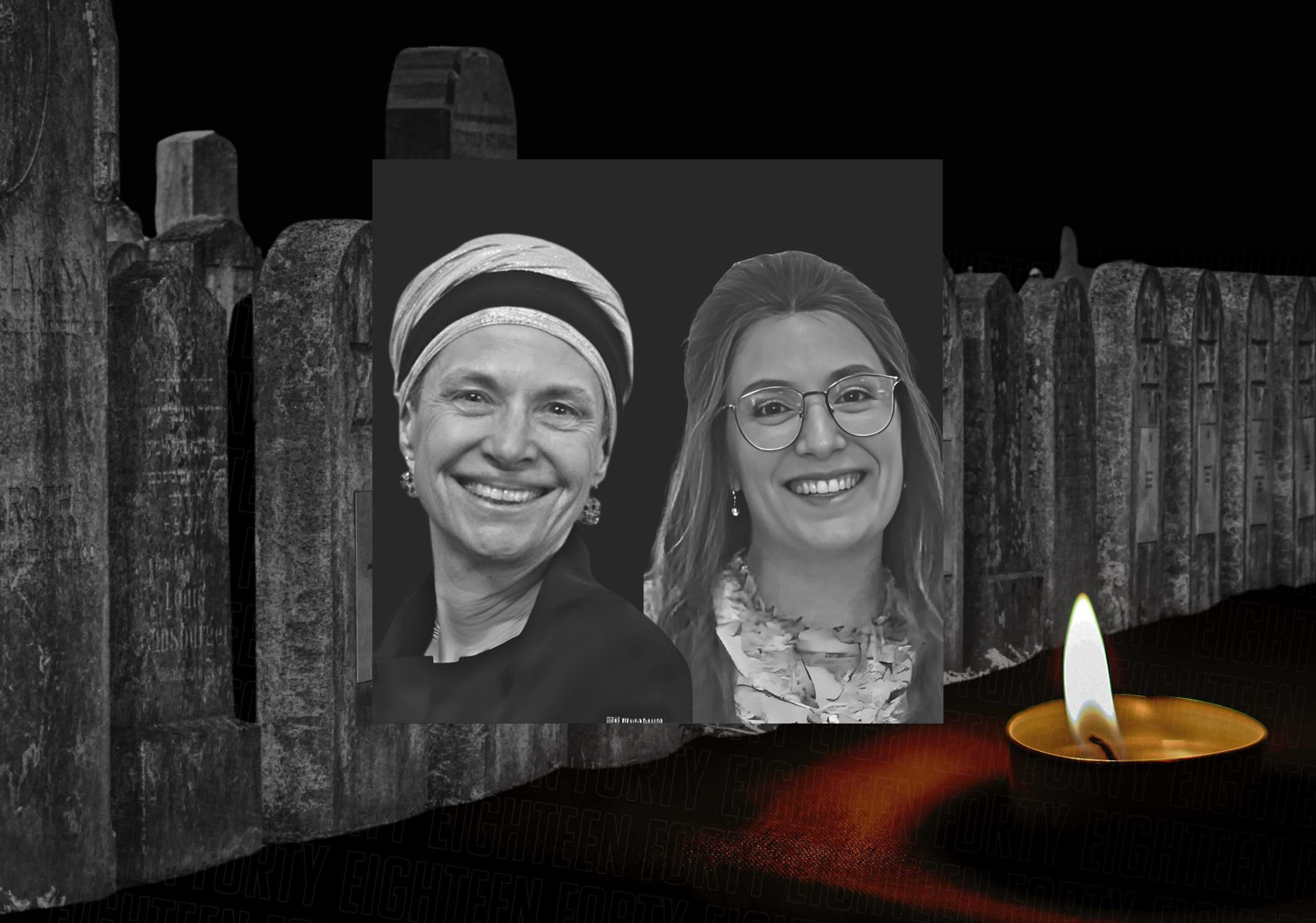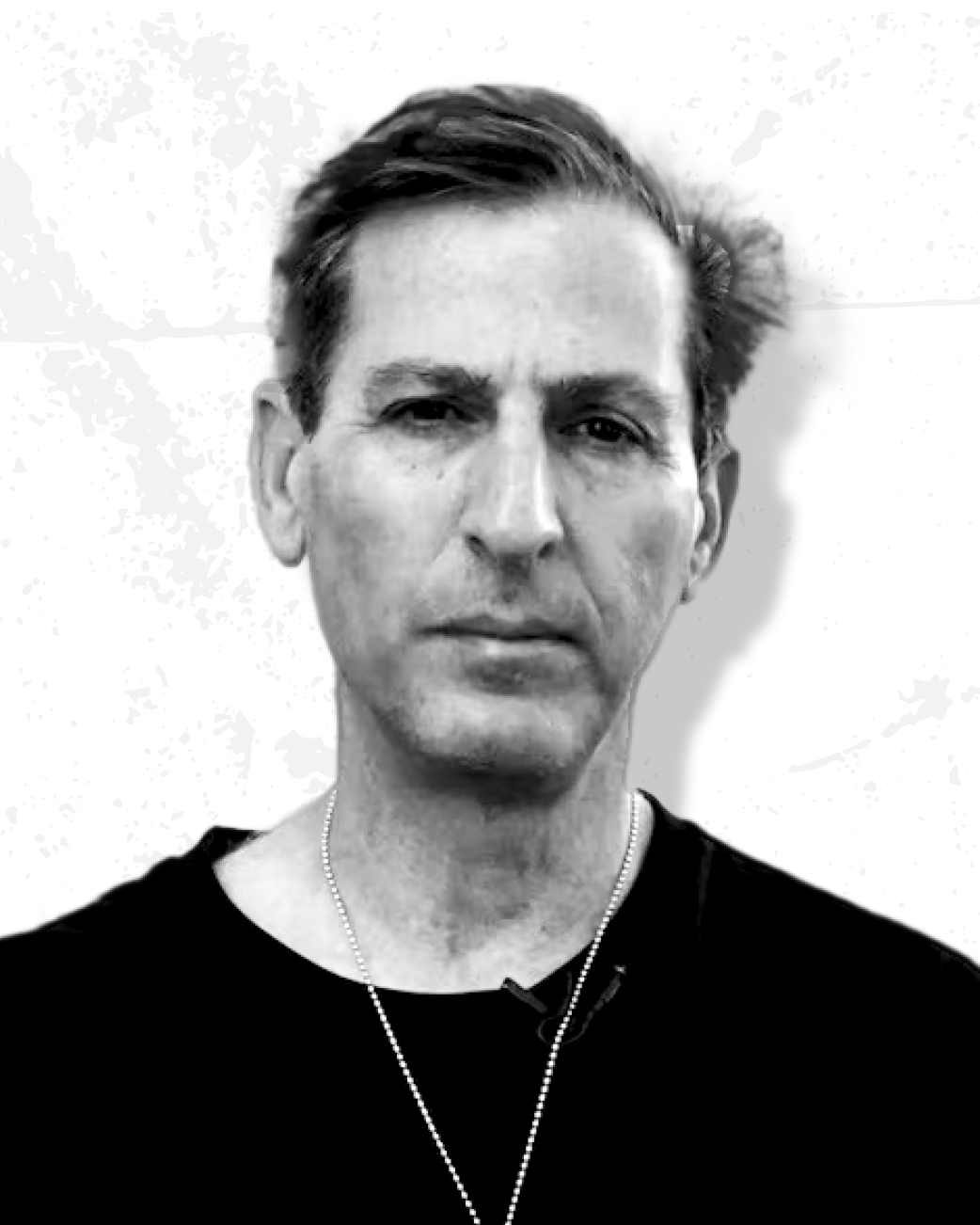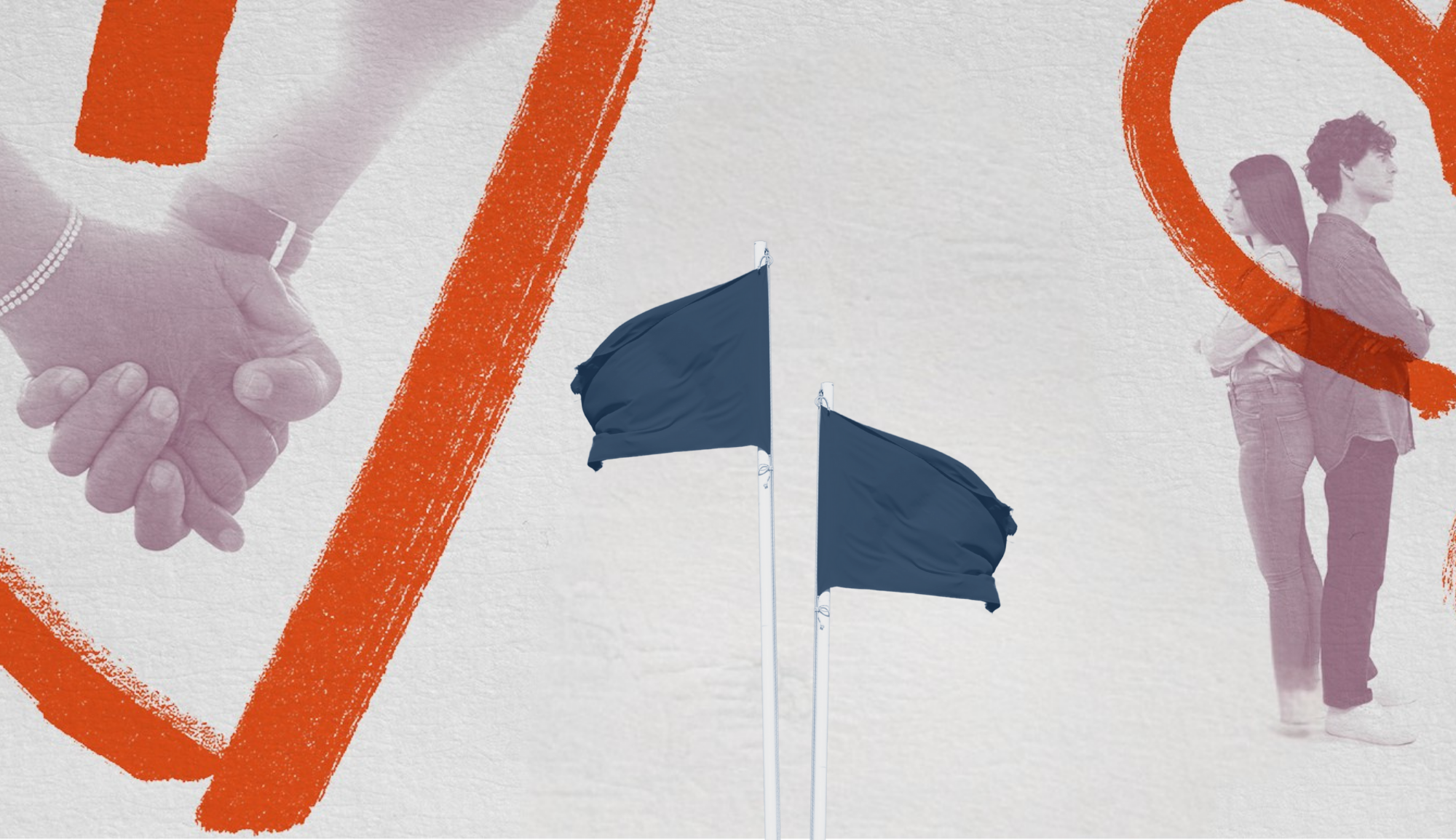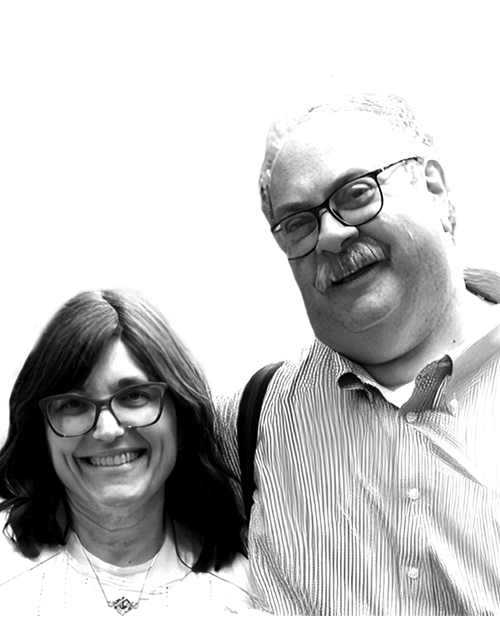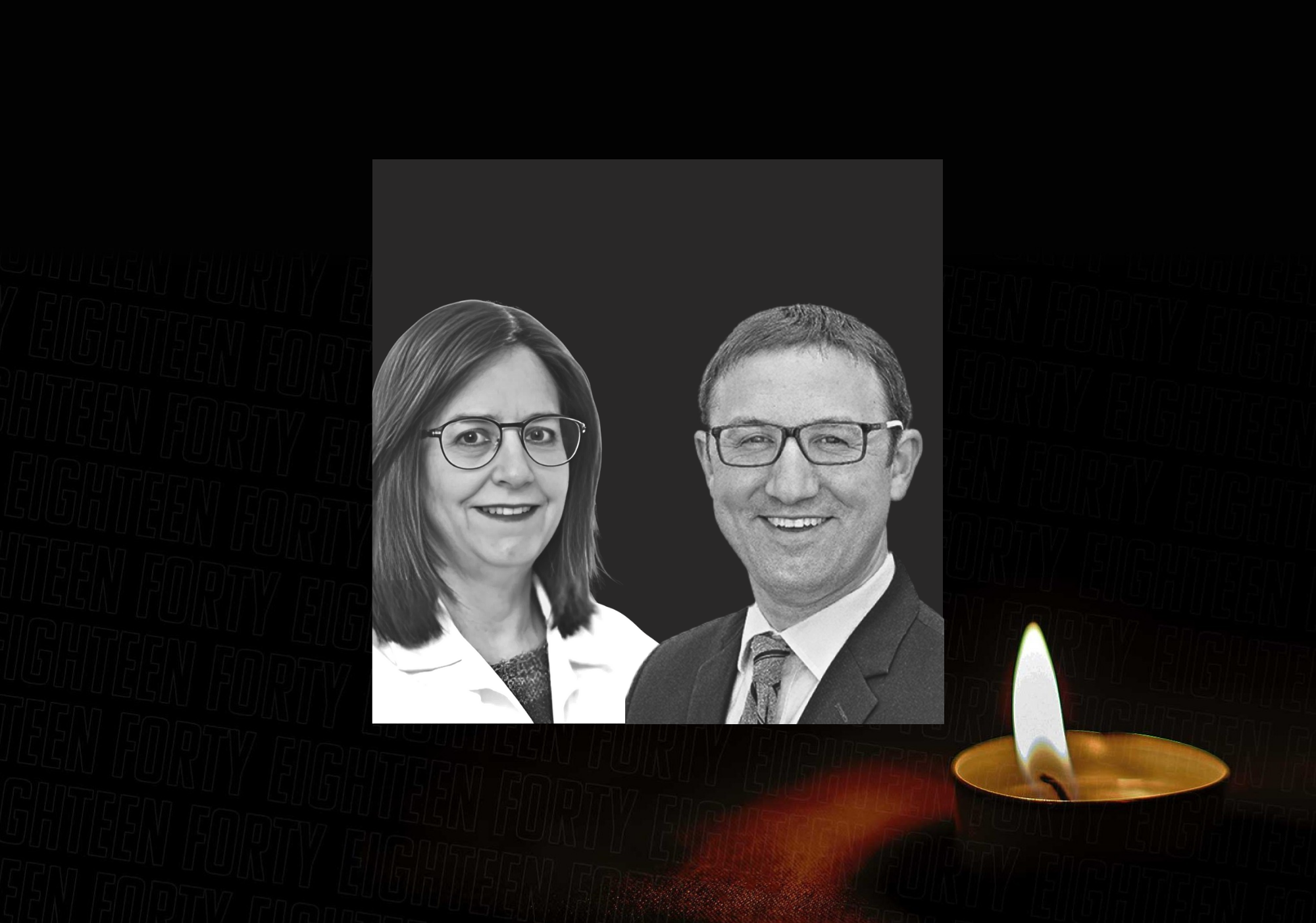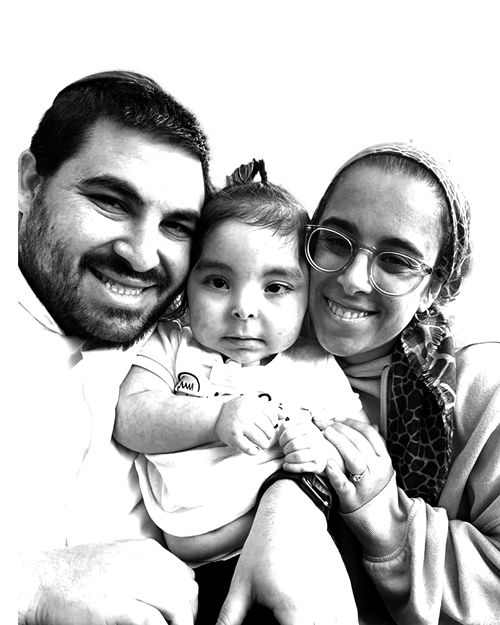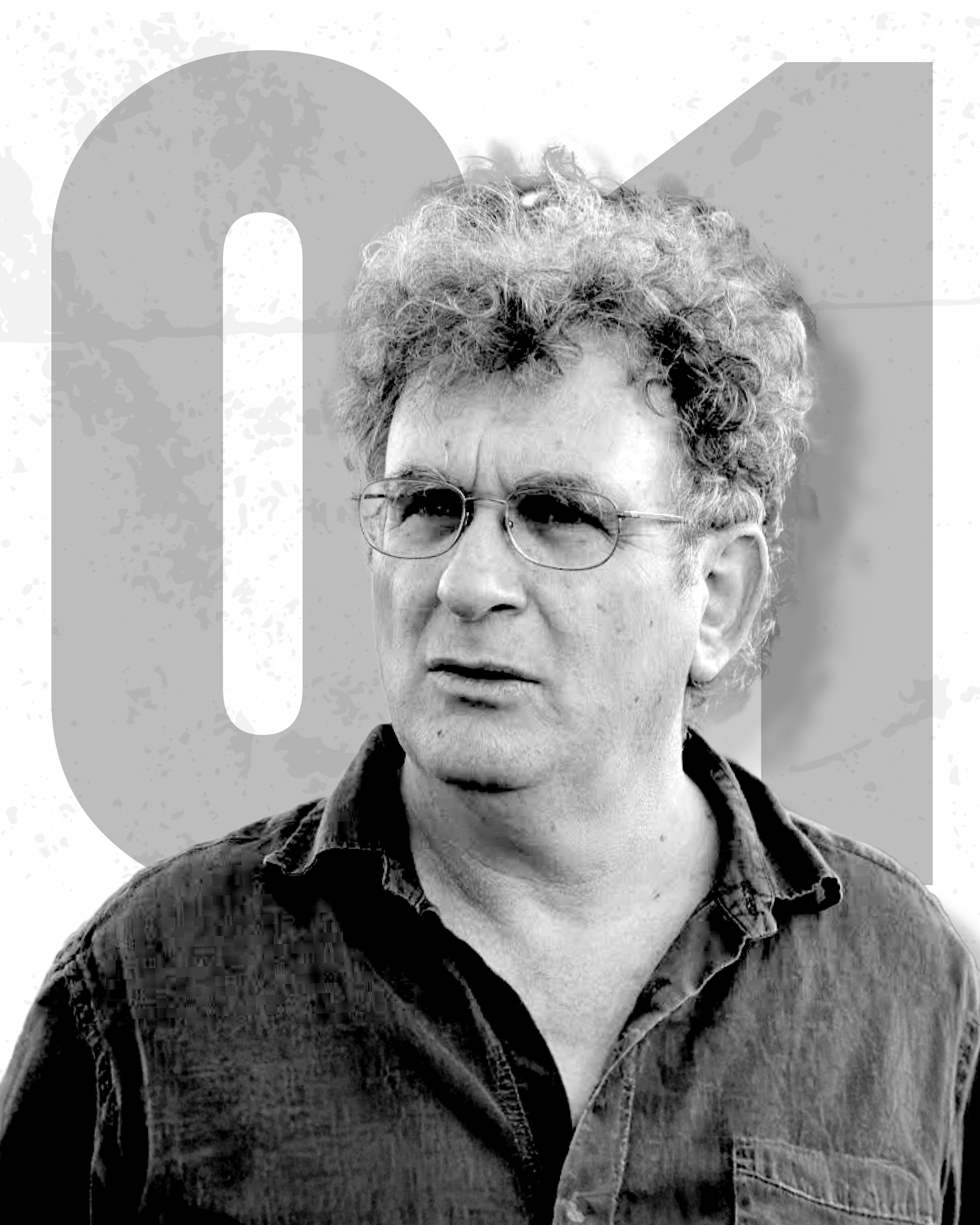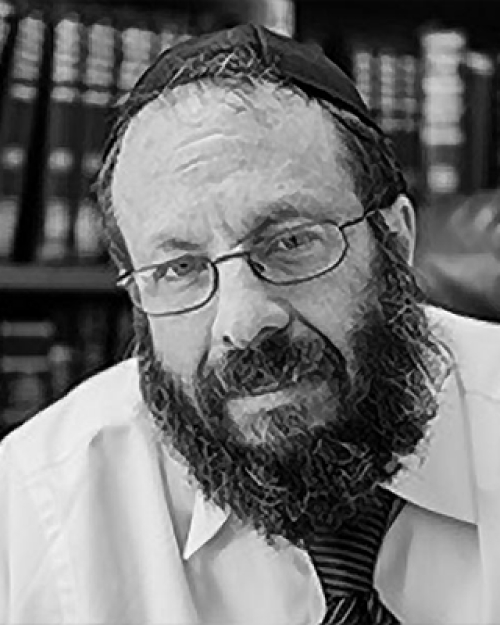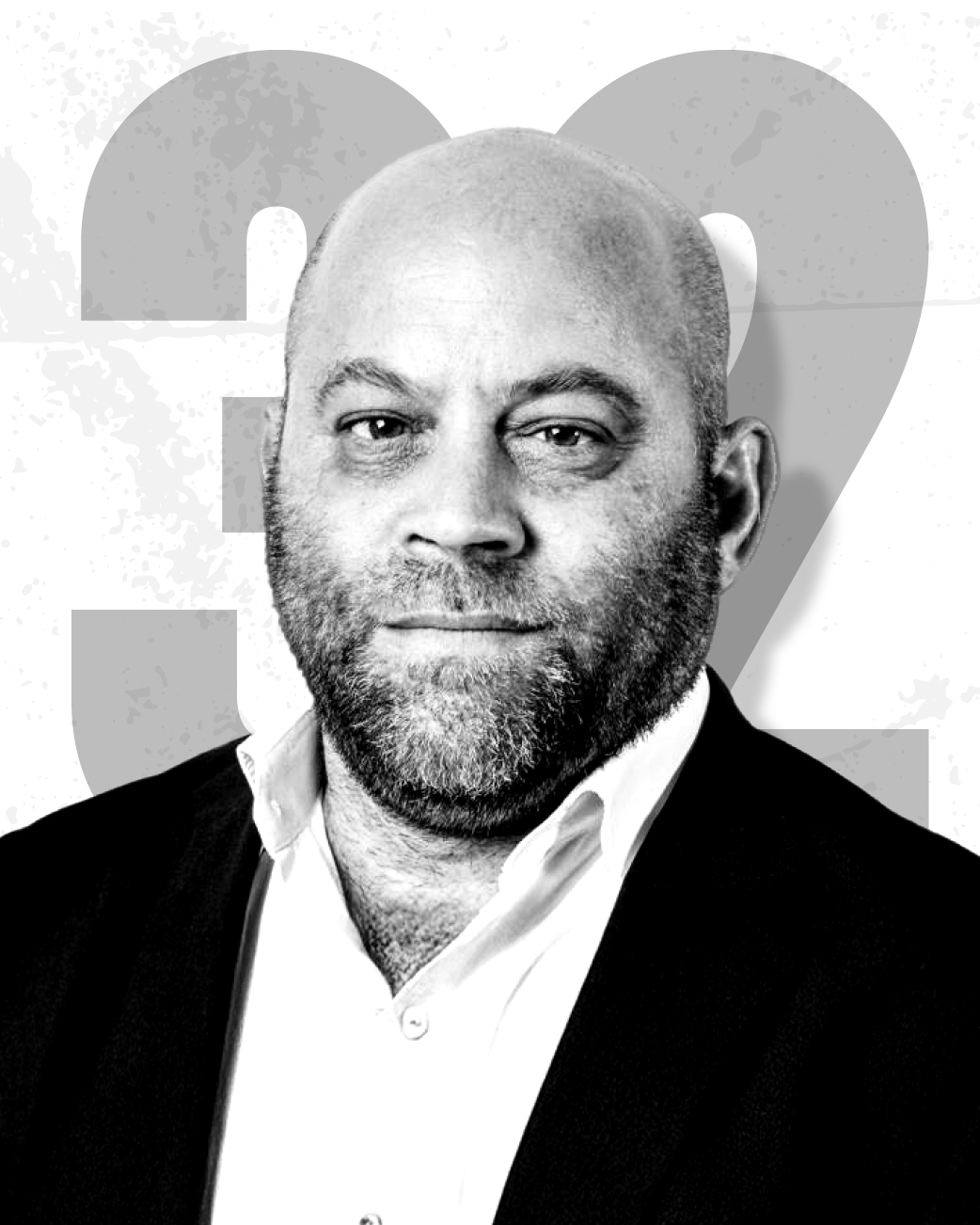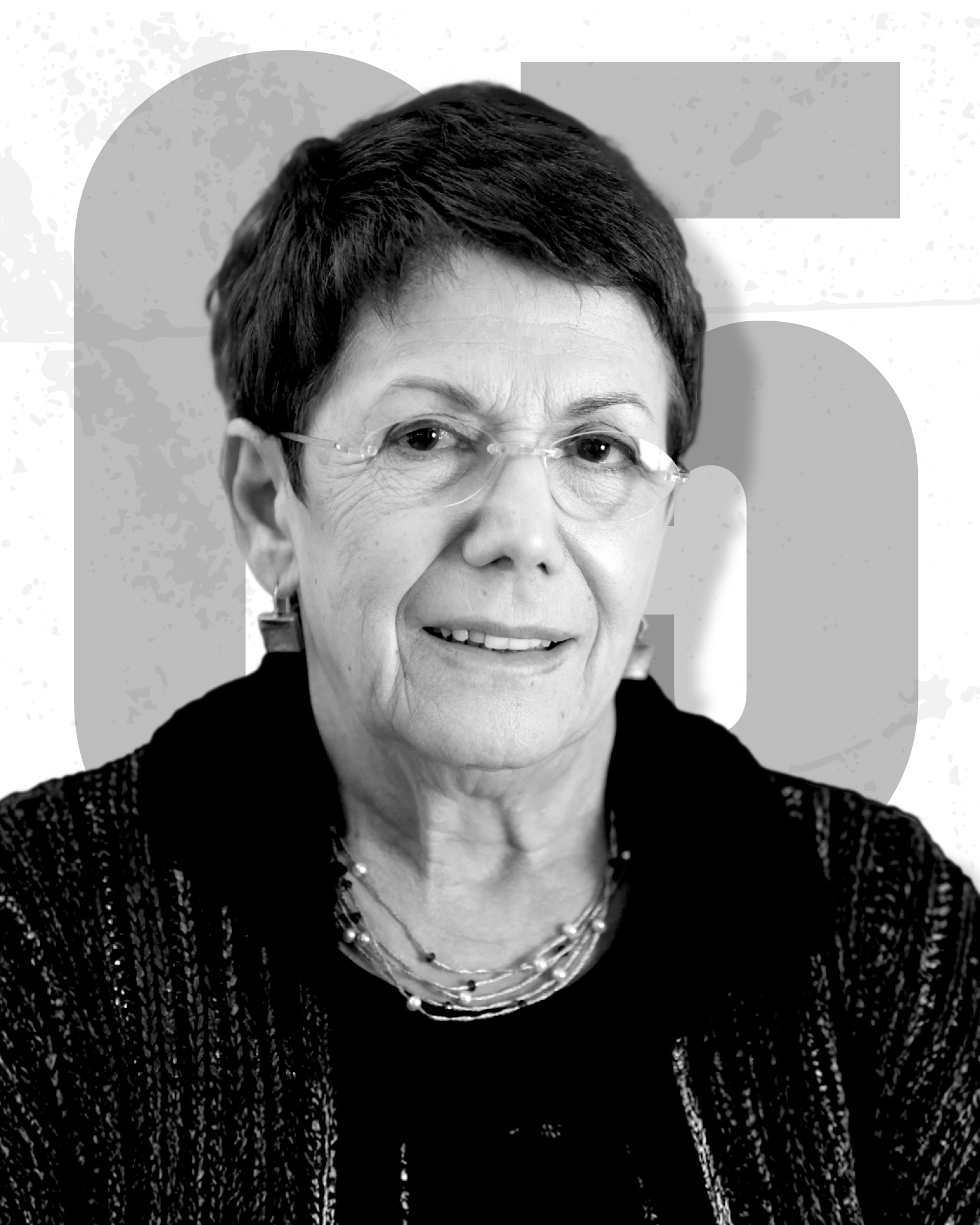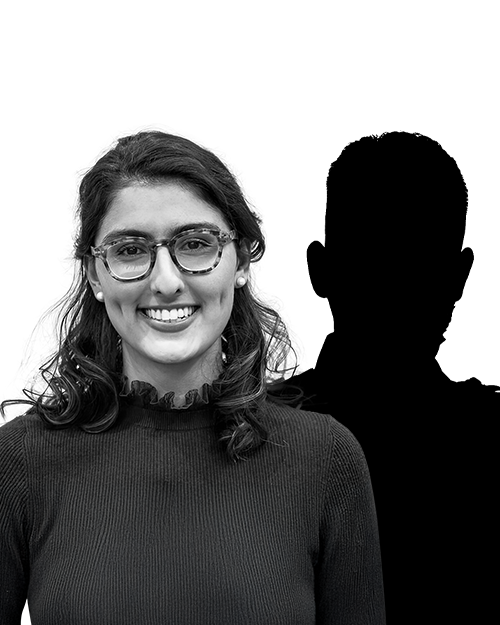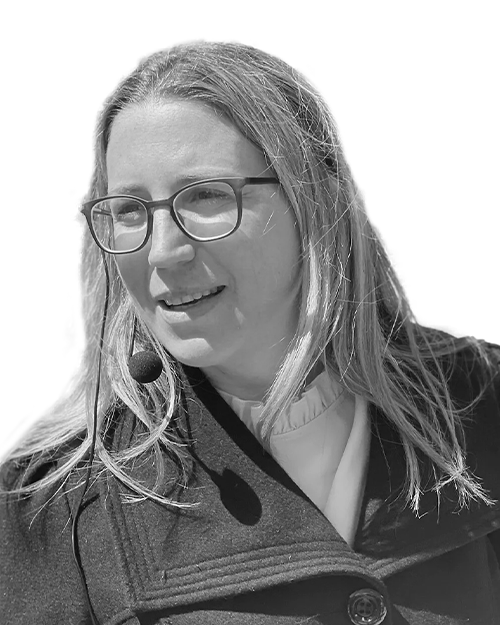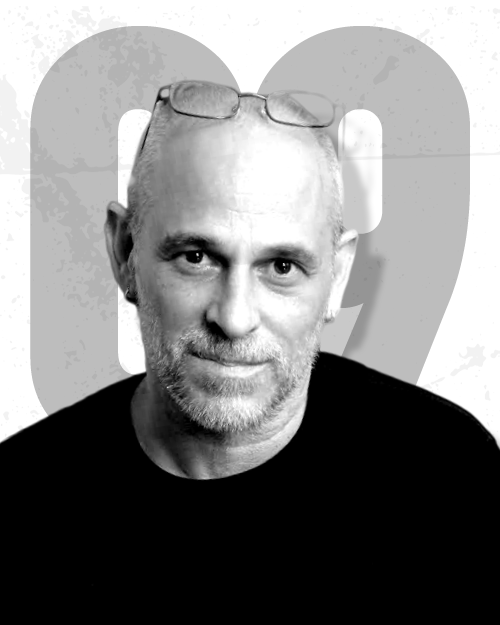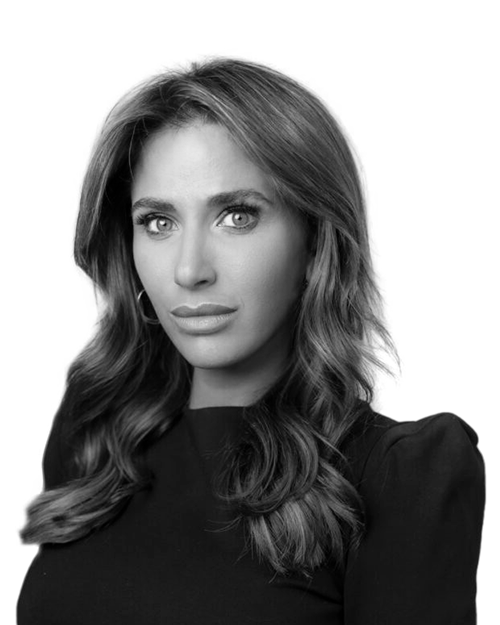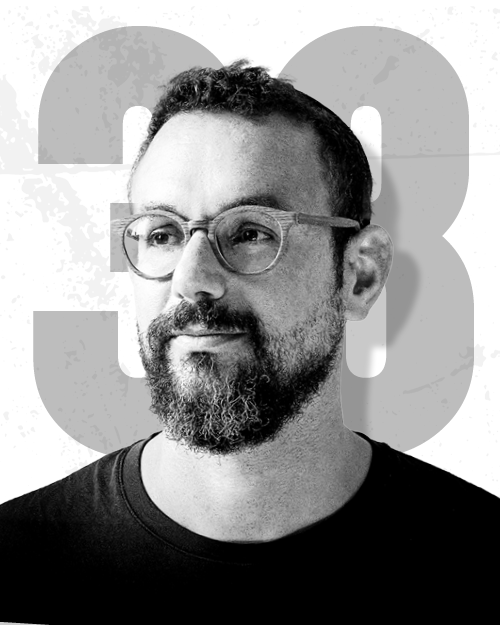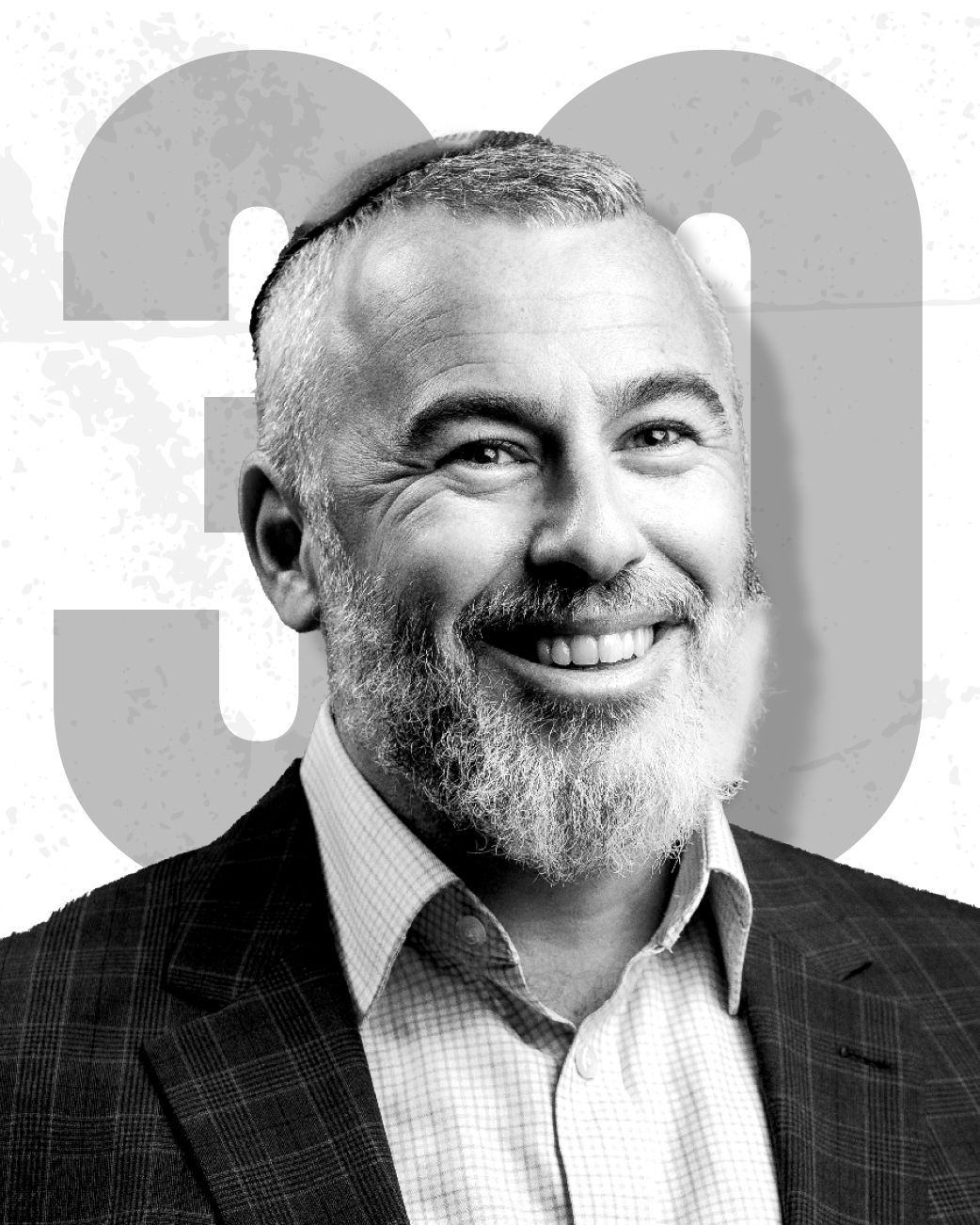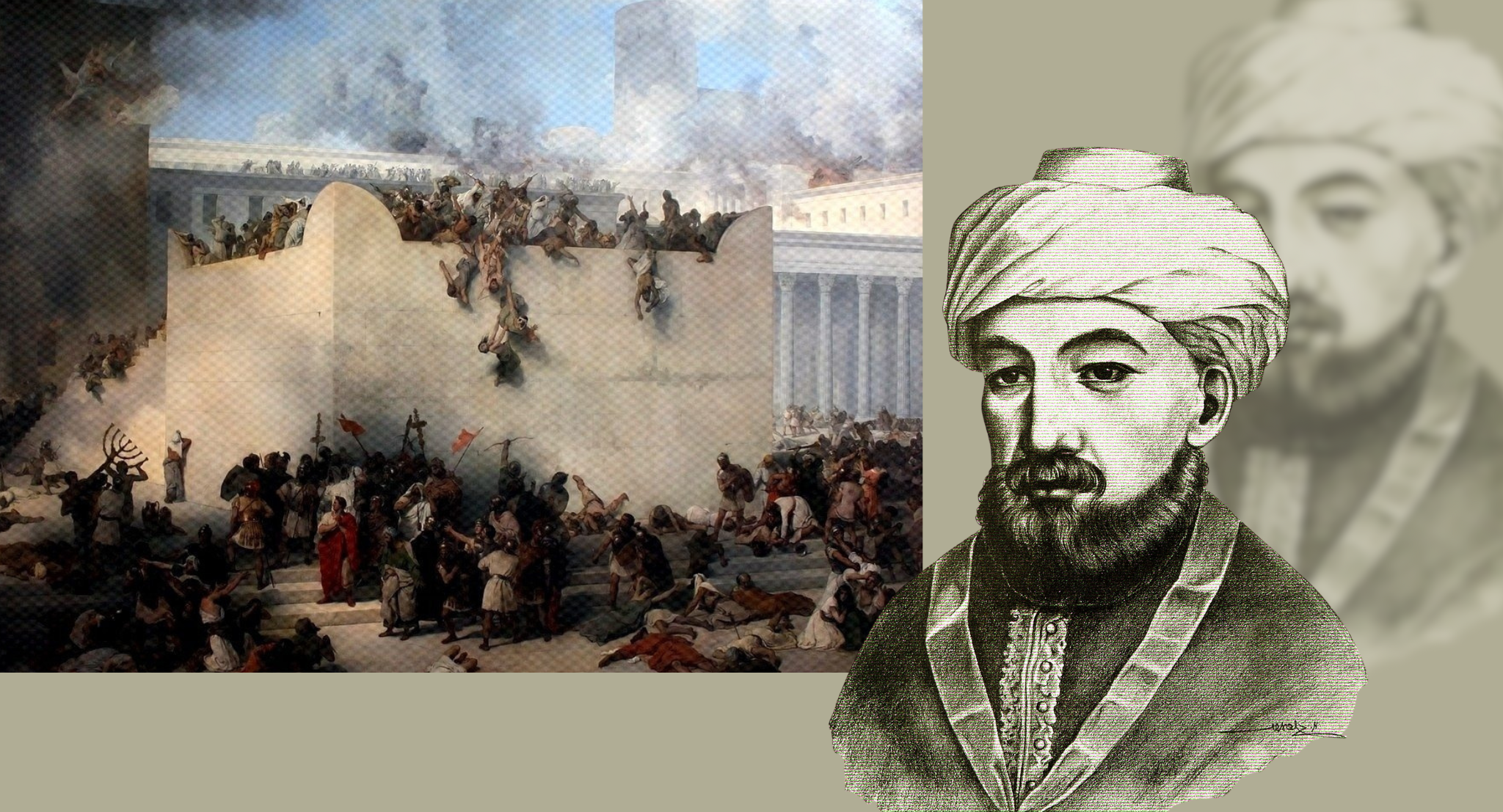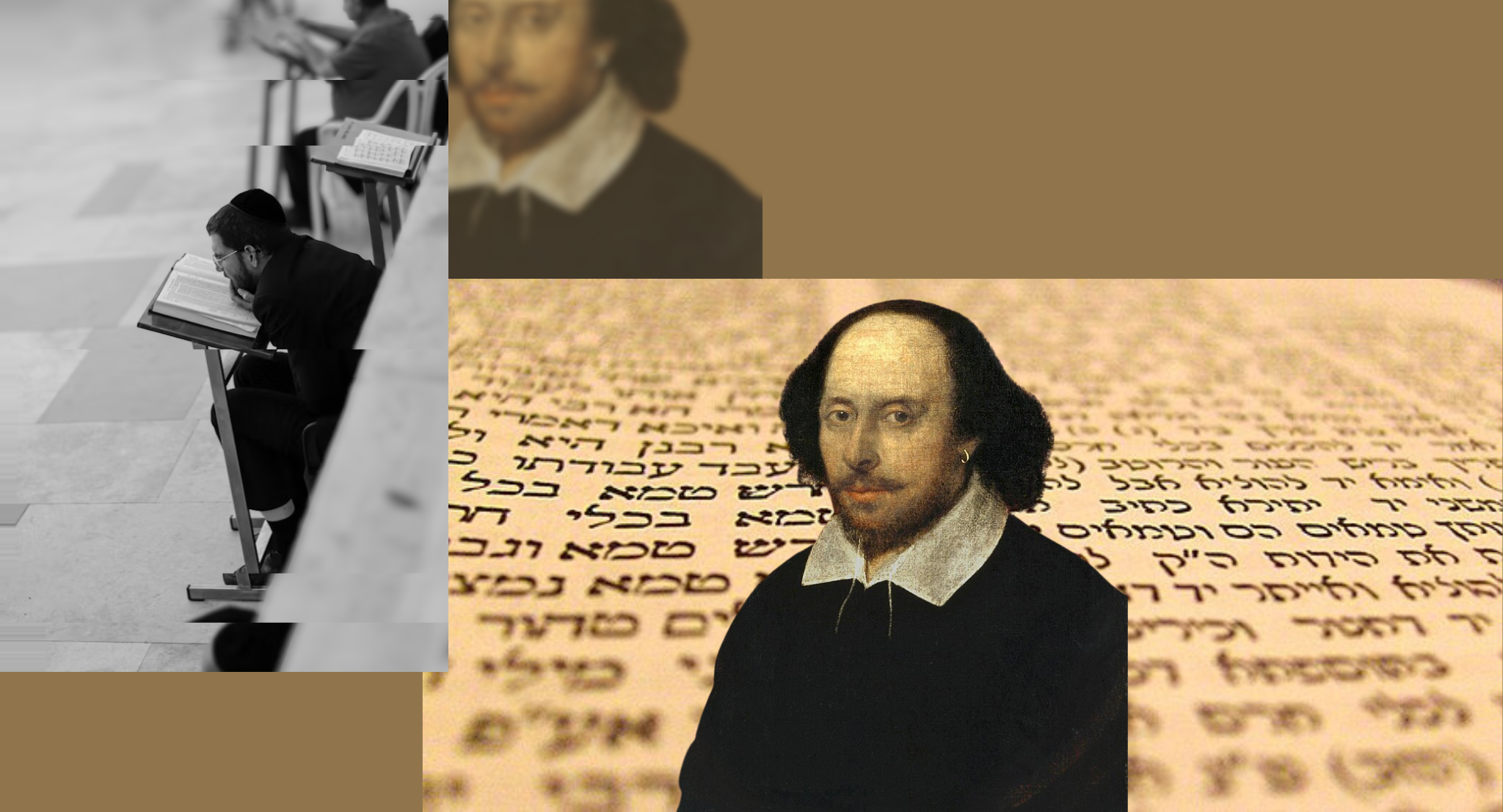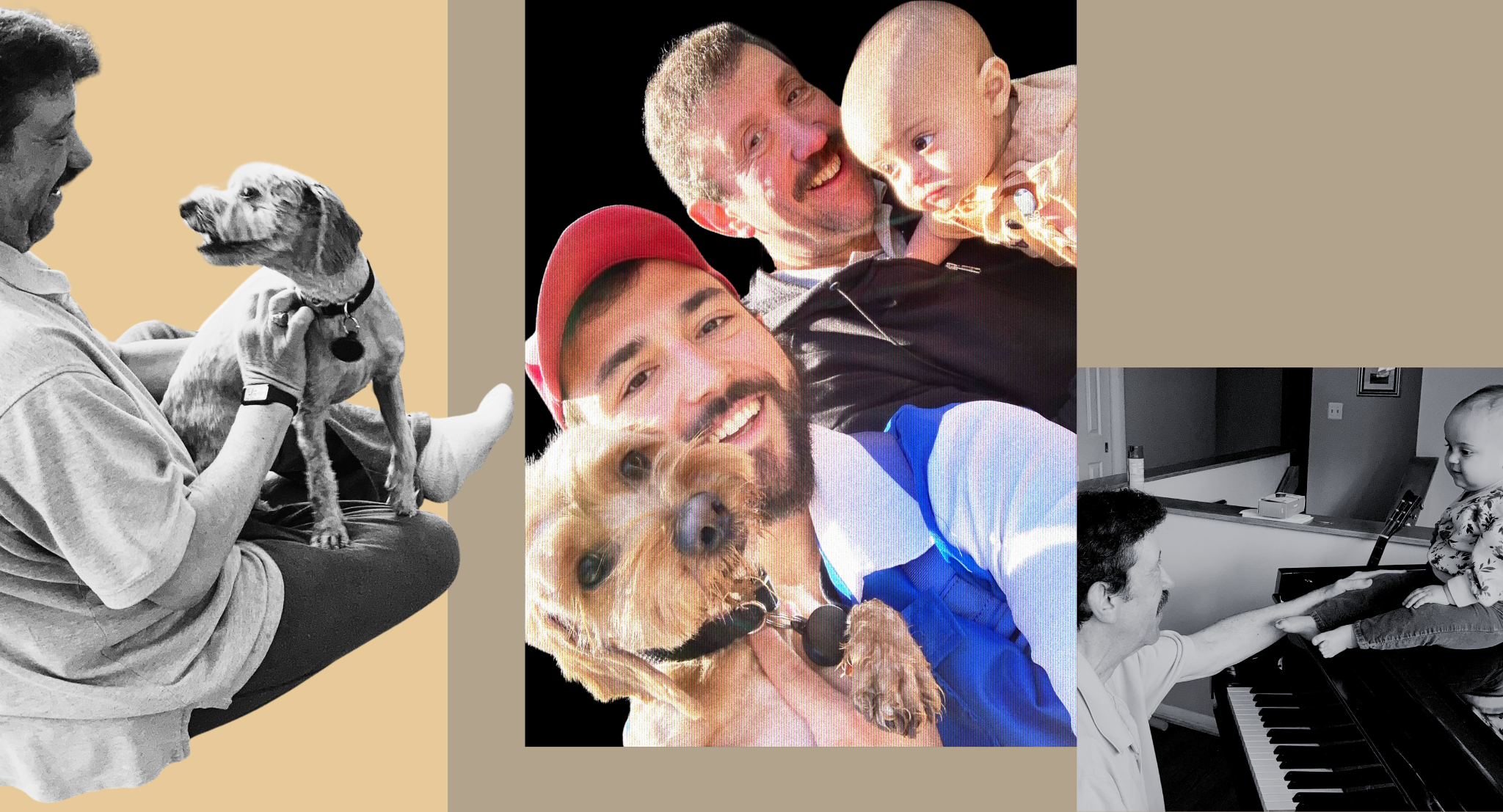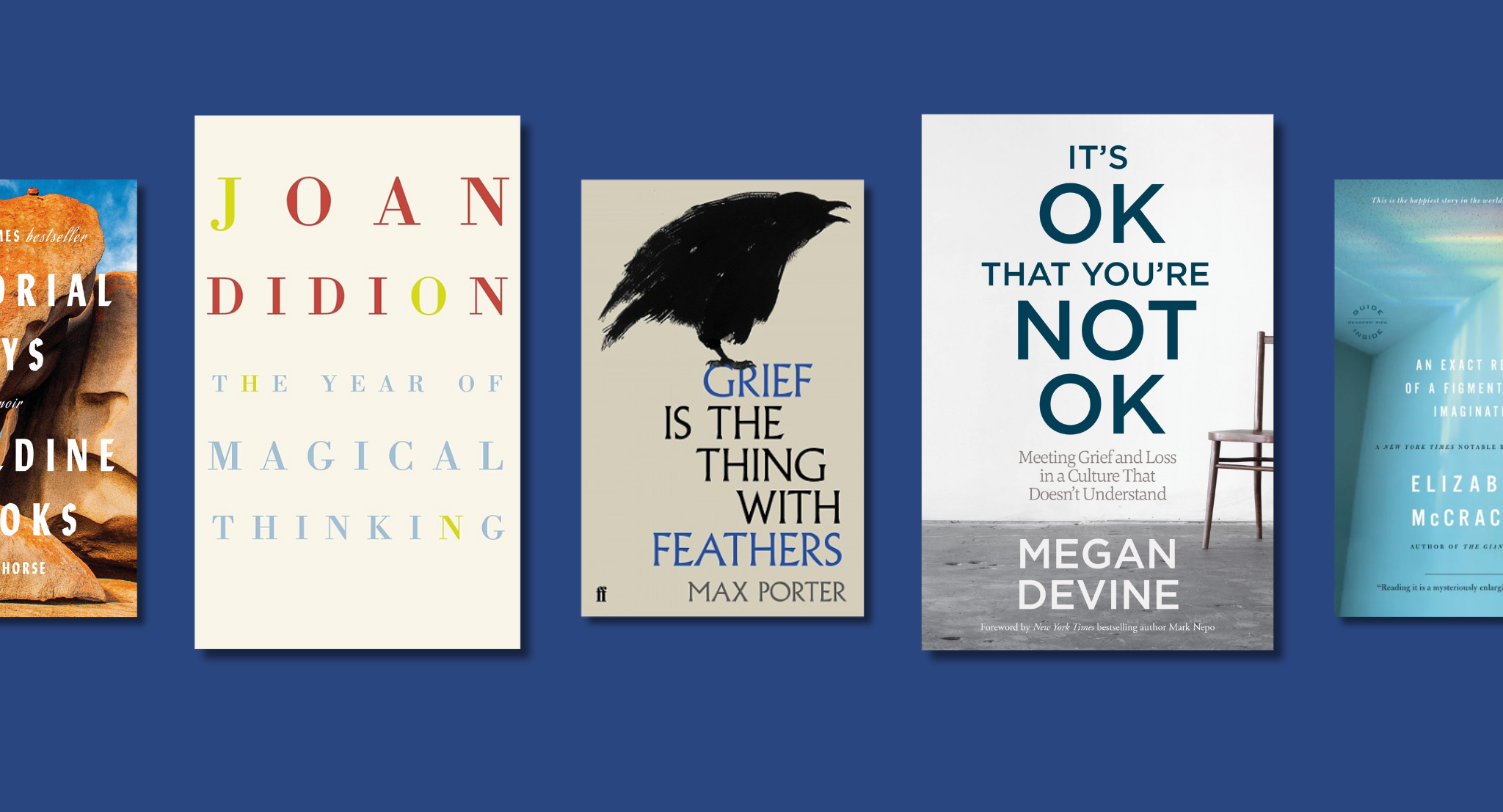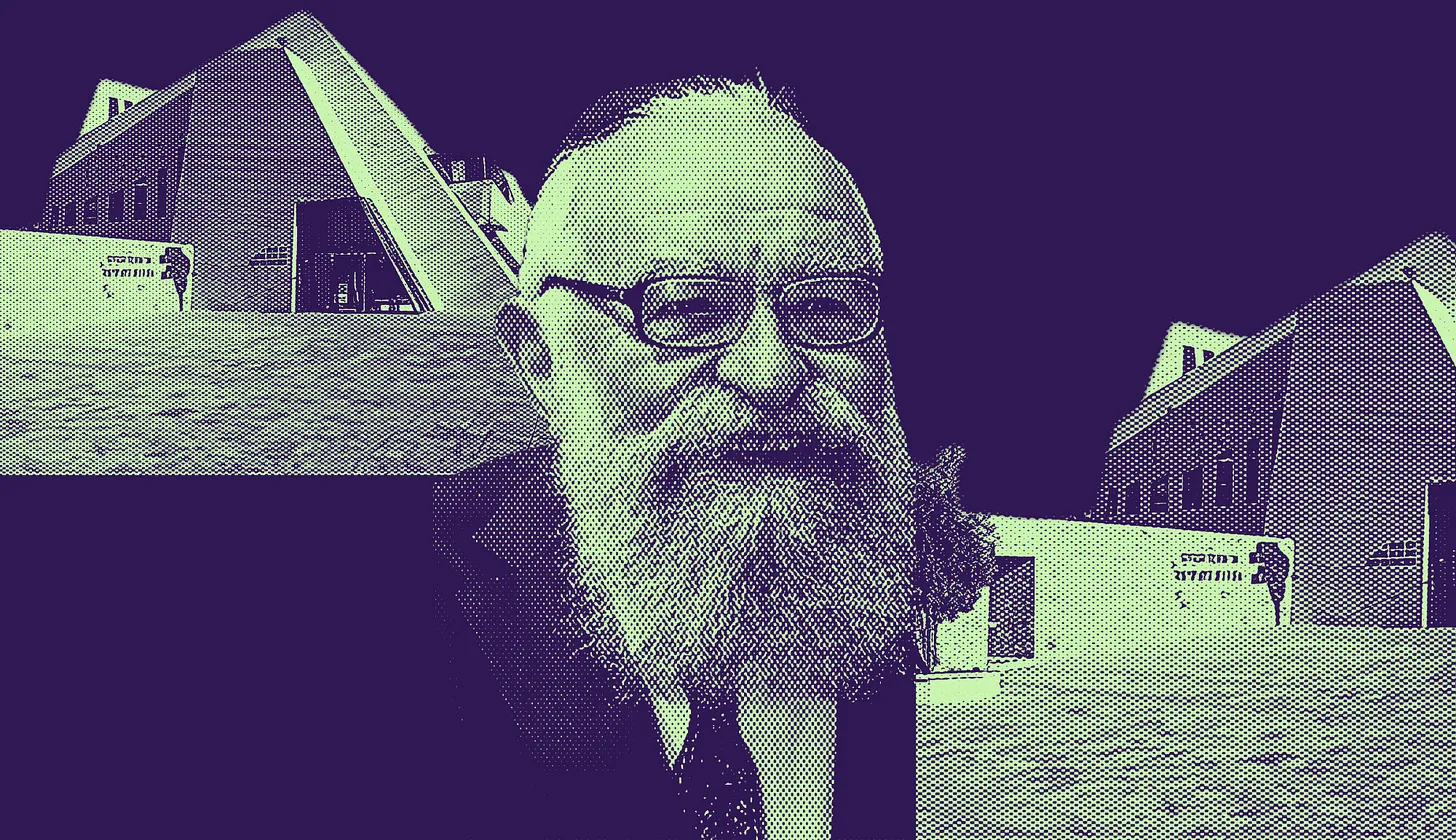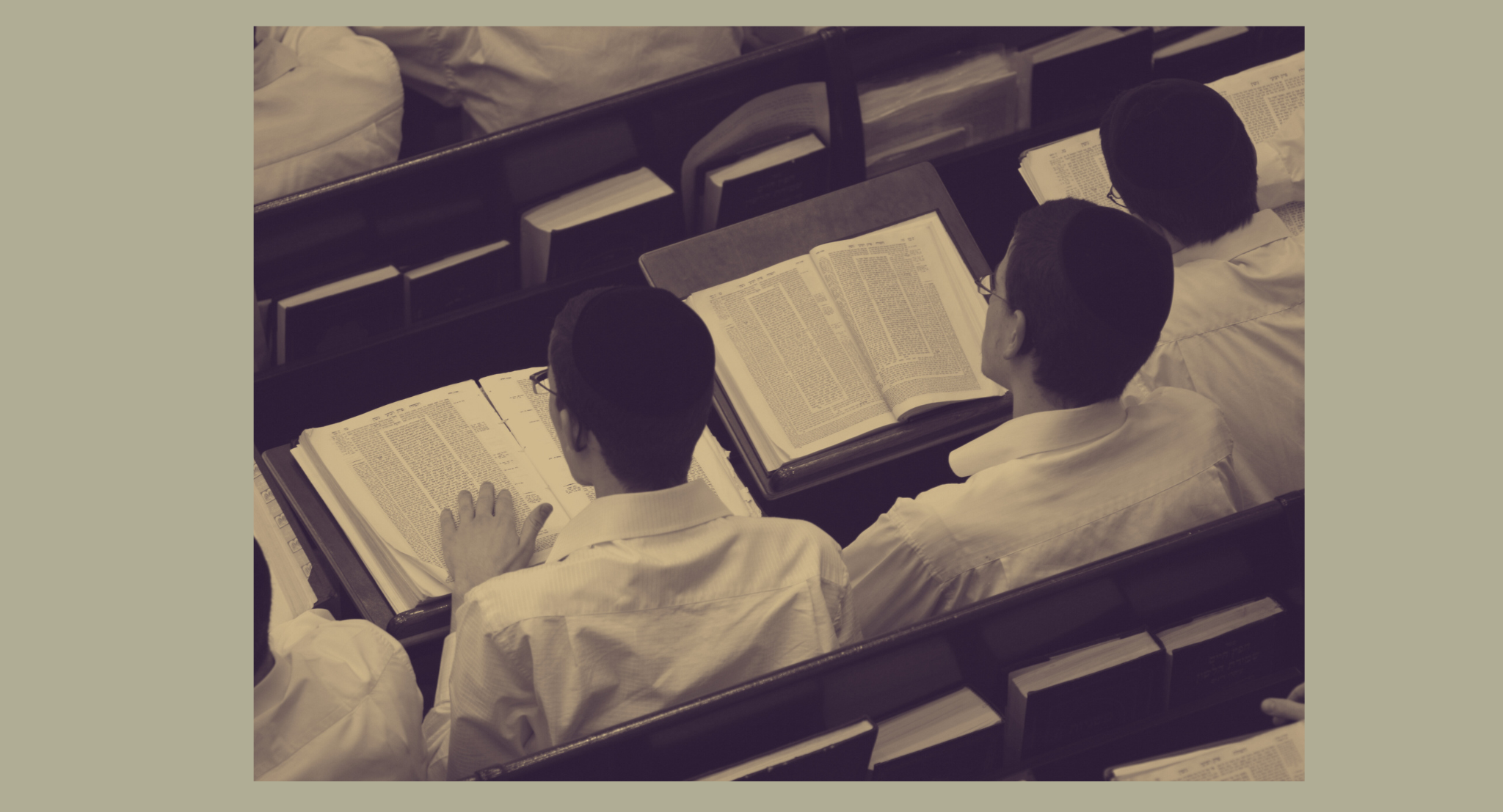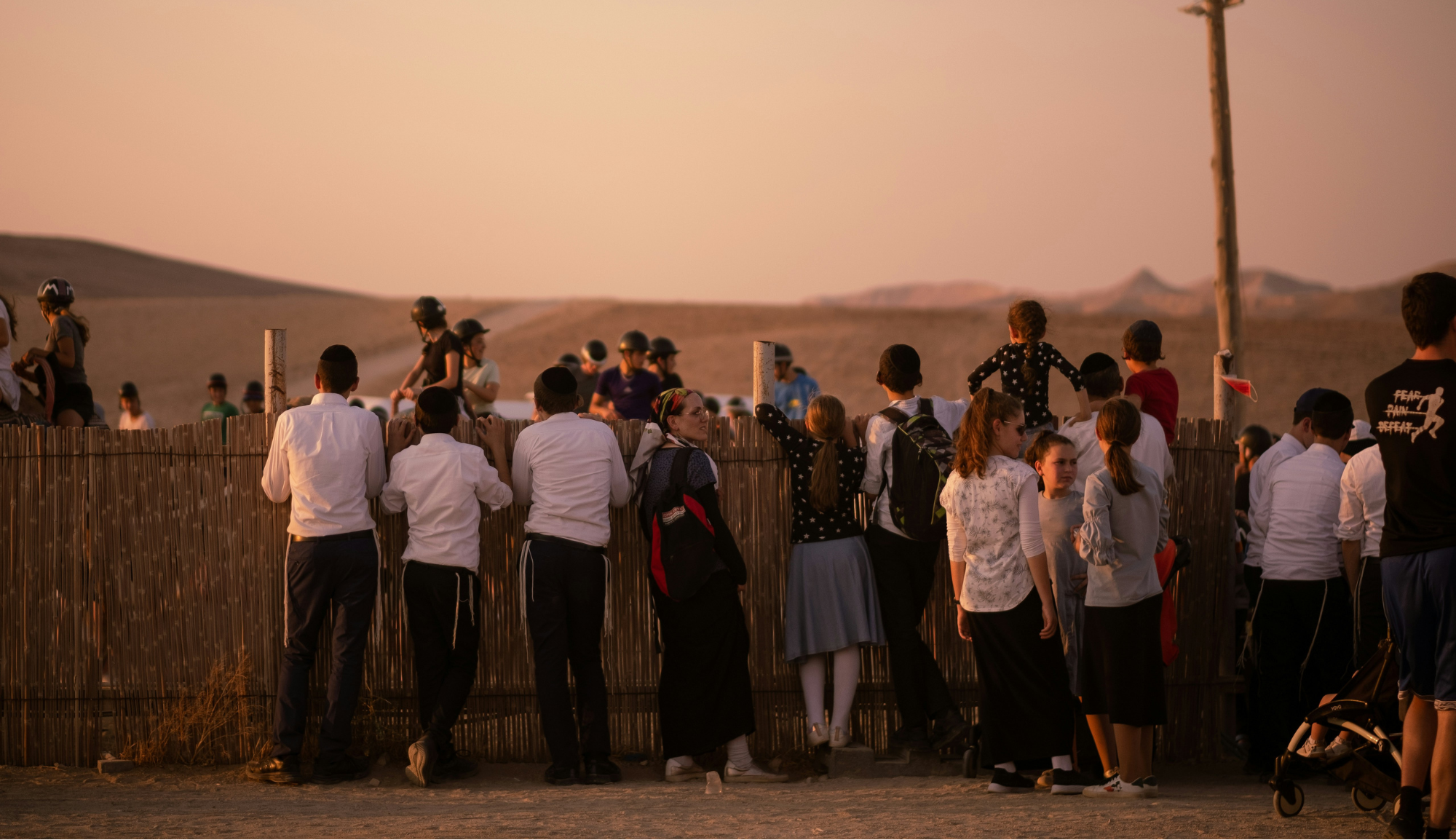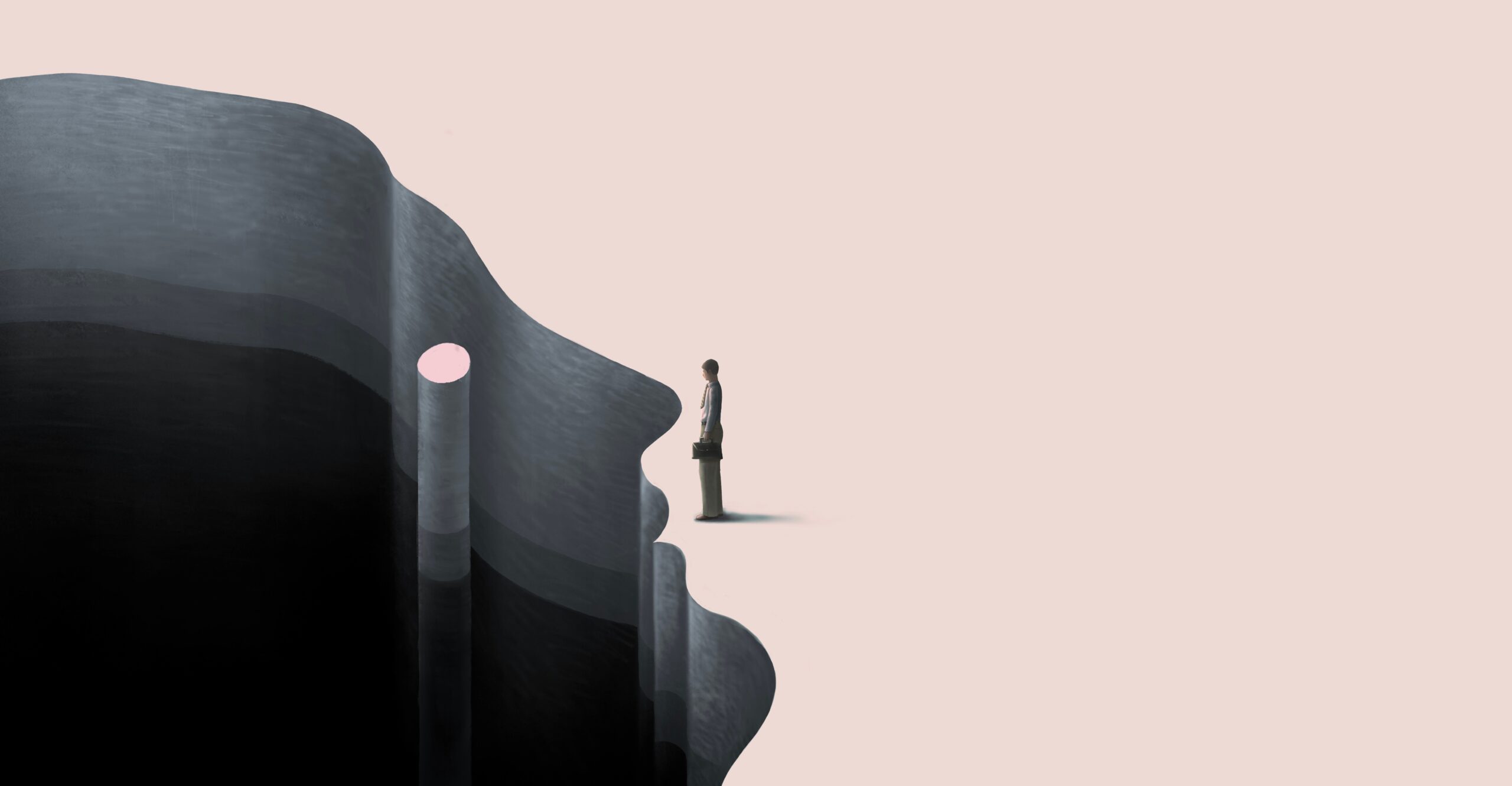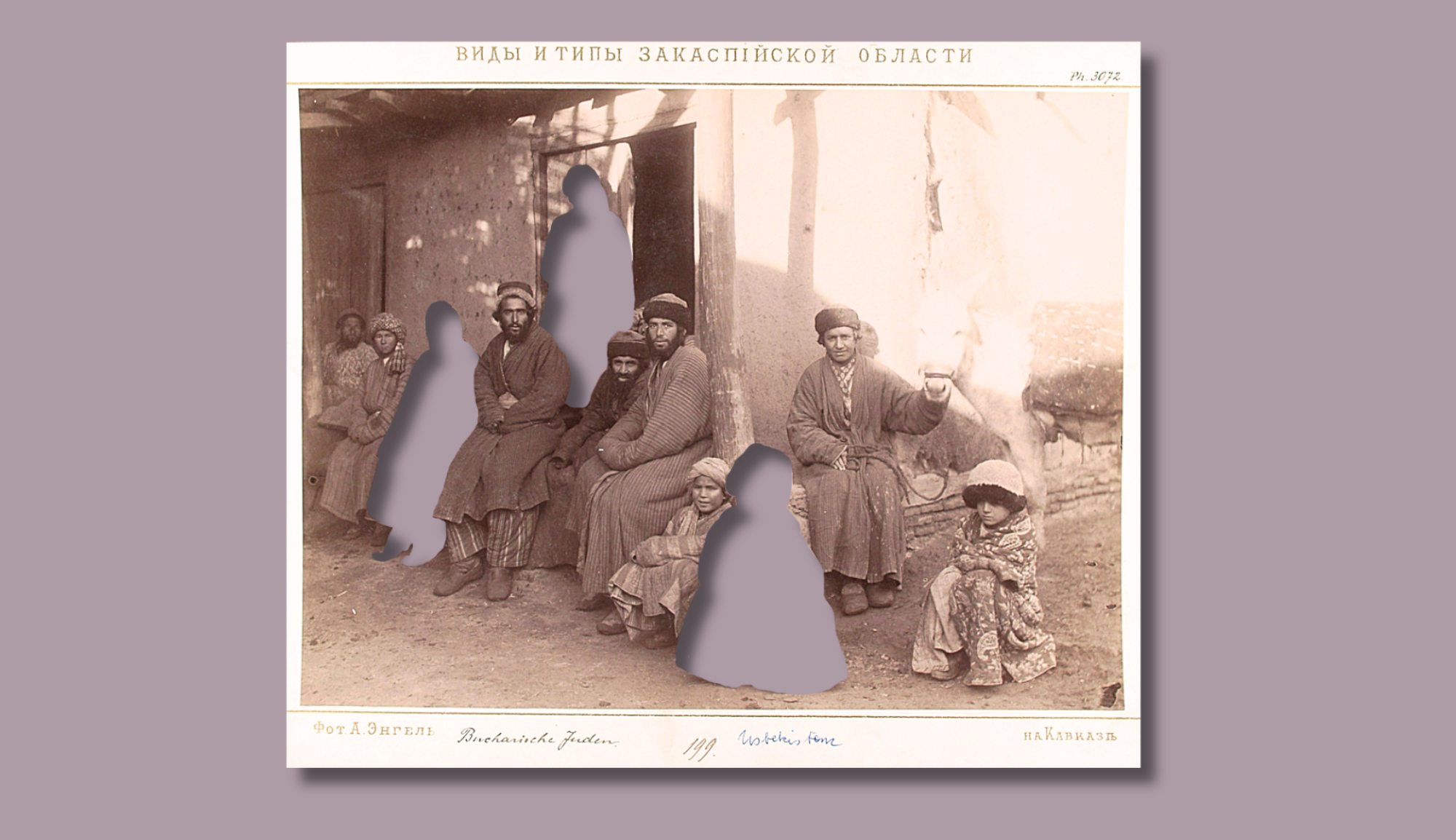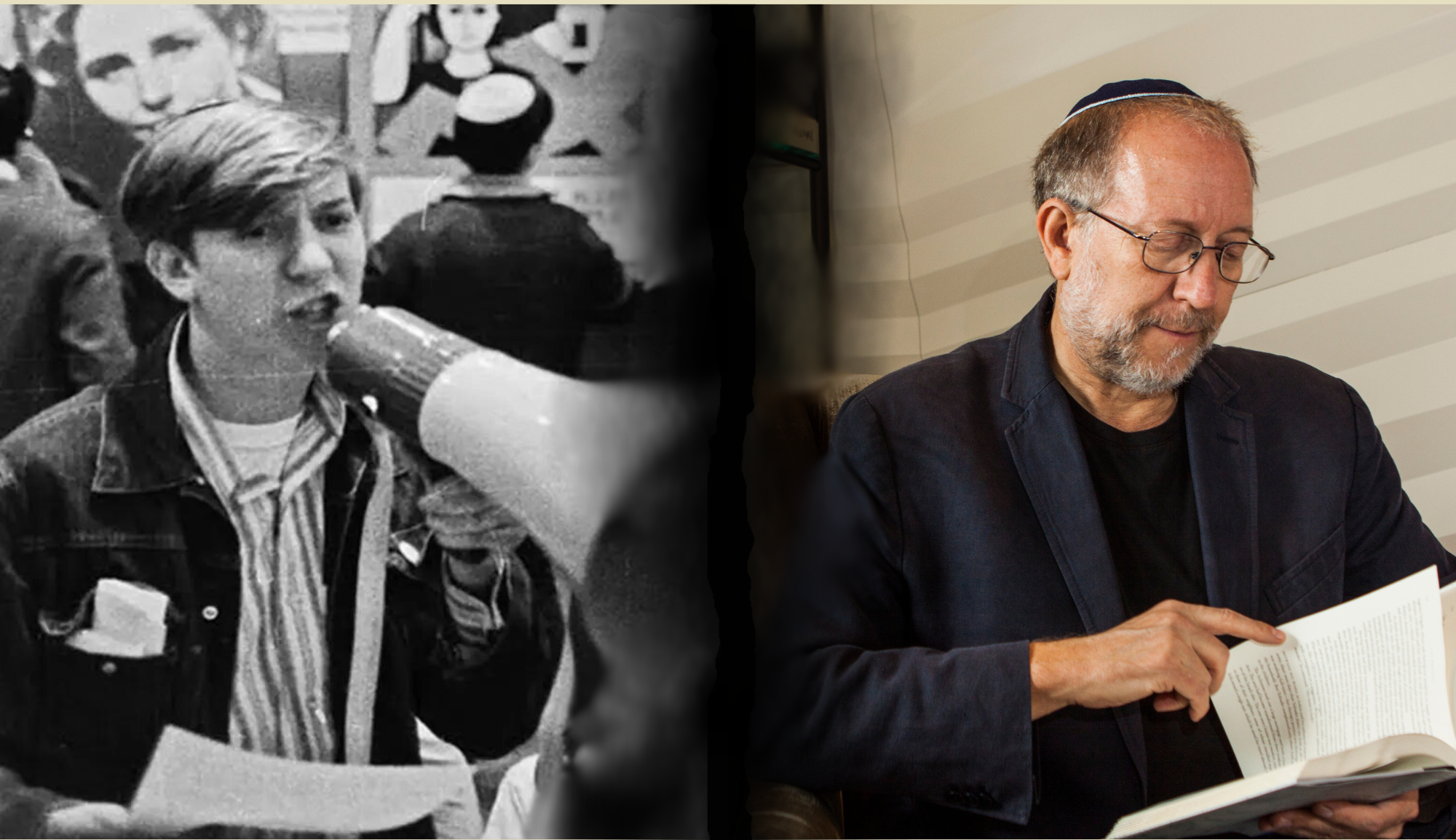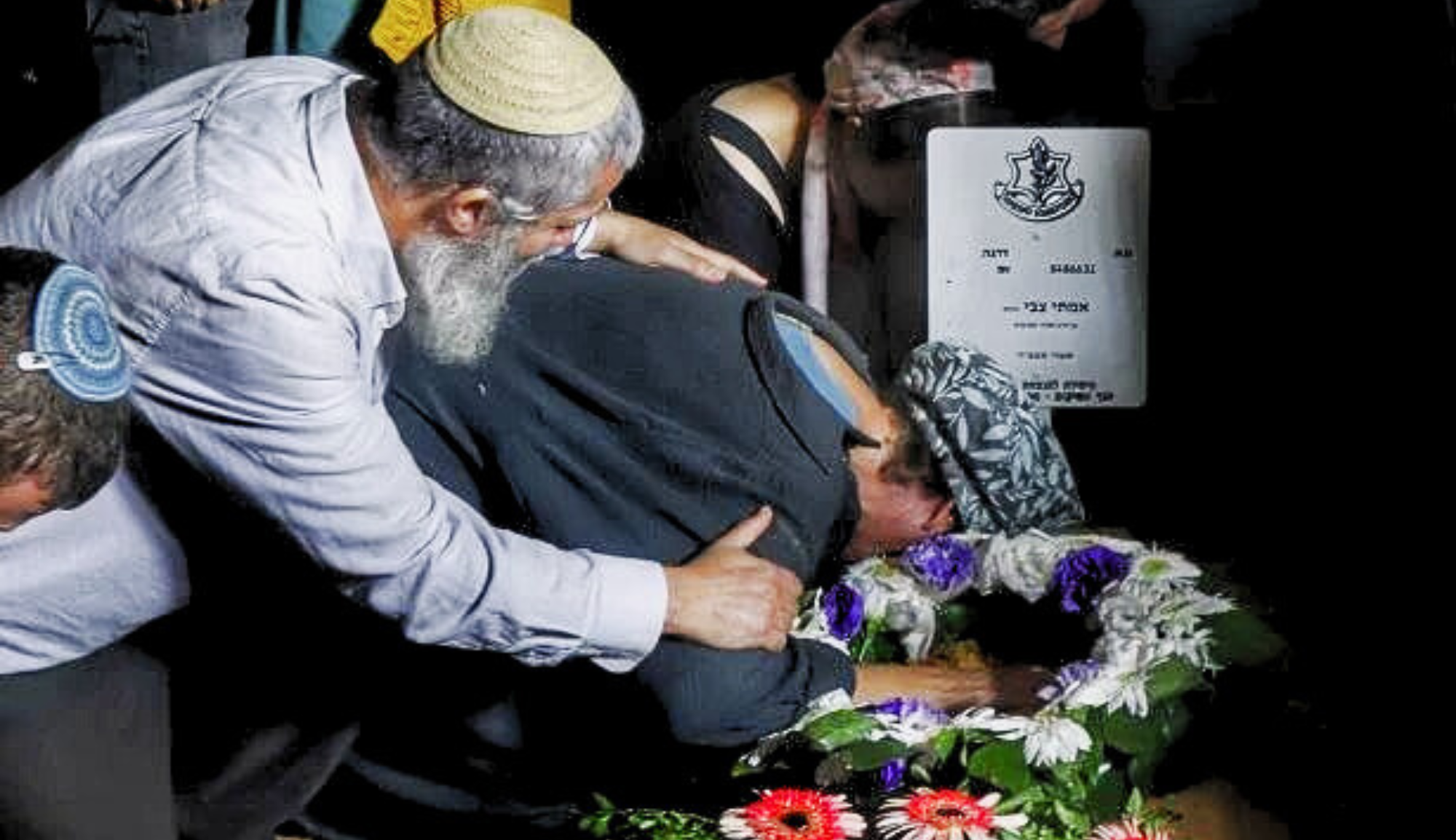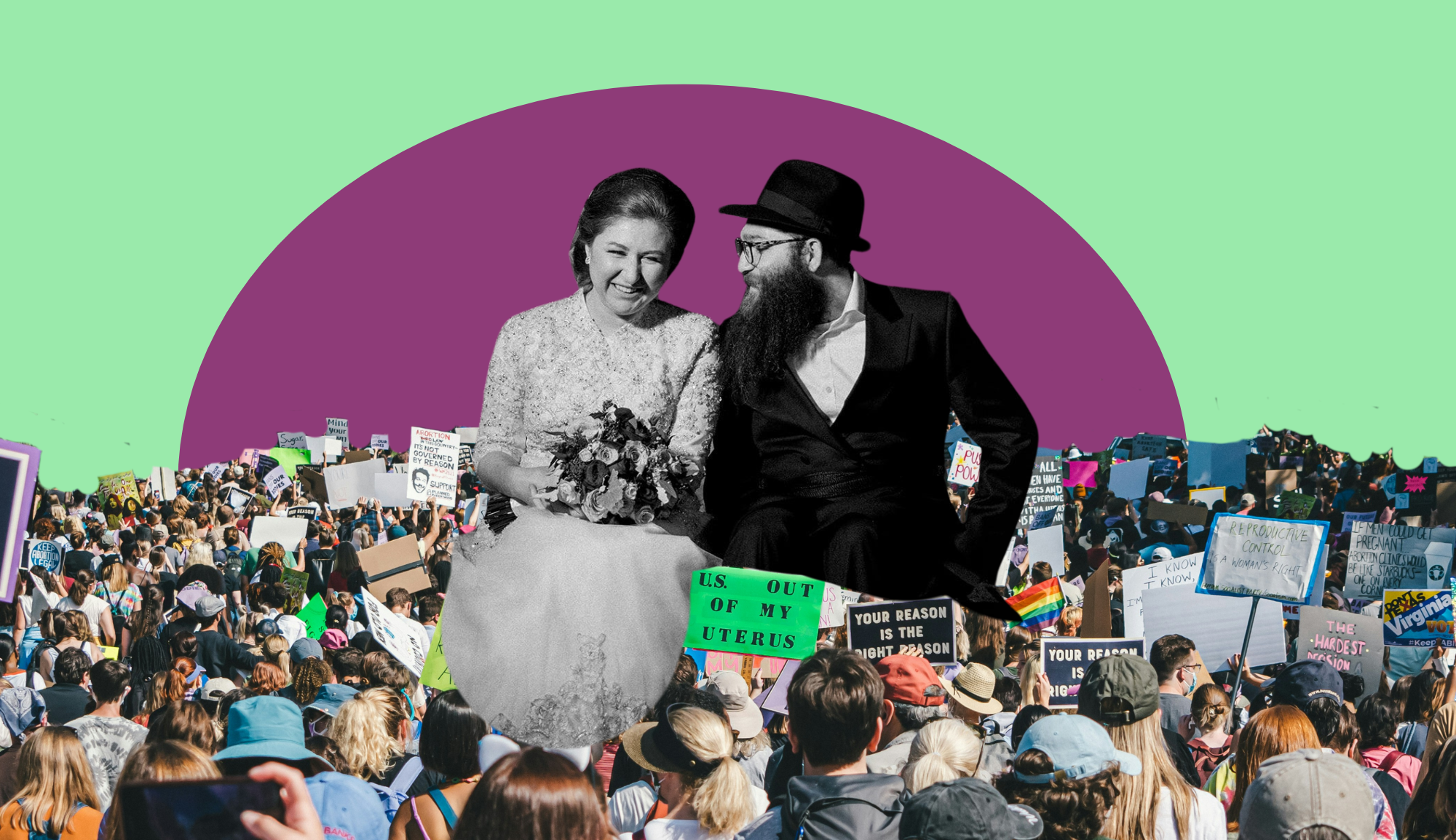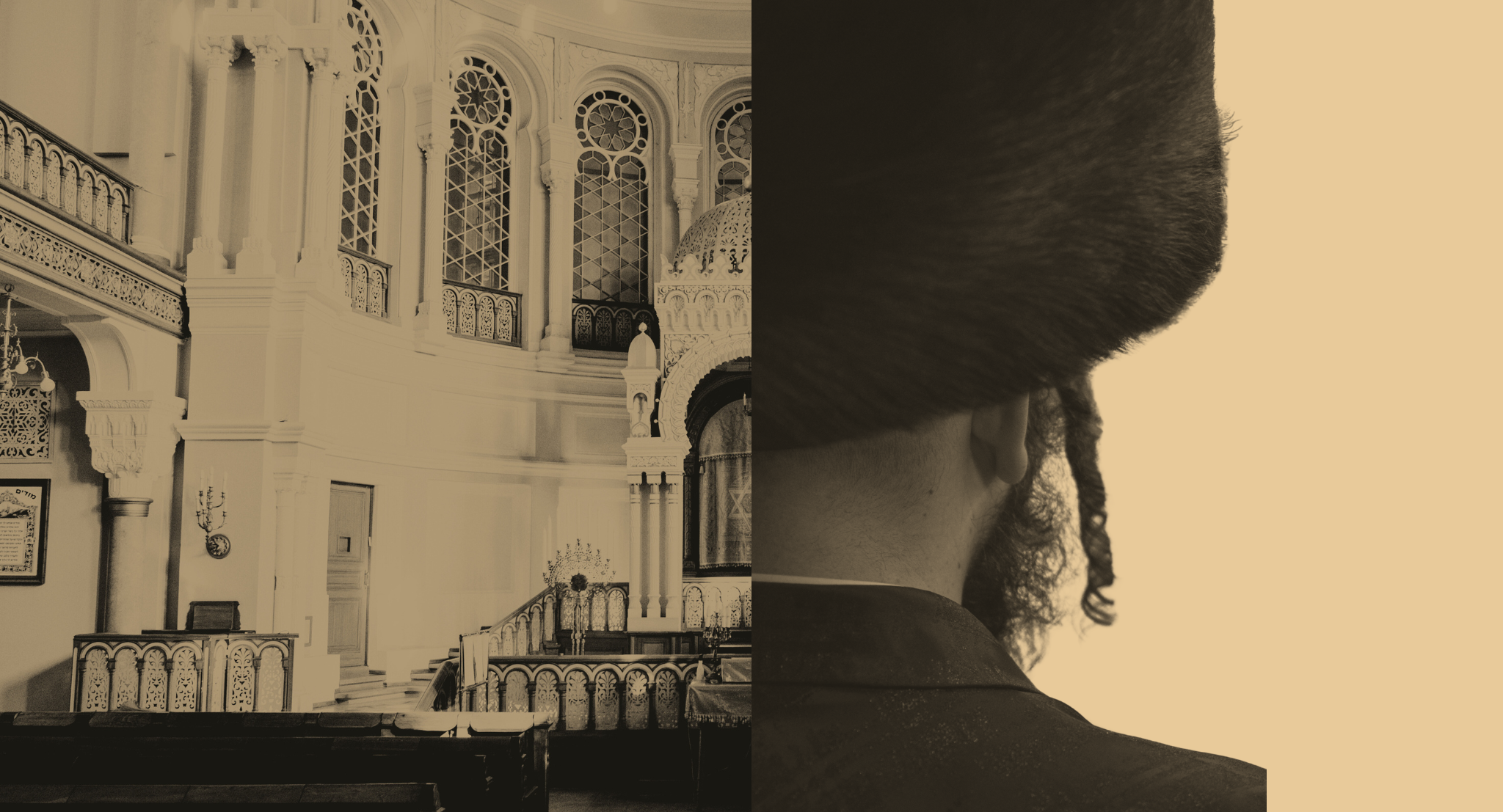OTD: Leaving Religion Intro
David introduces the next series of the 18Forty Podcast: why people join and leave religion and what we can learn from their decisions.
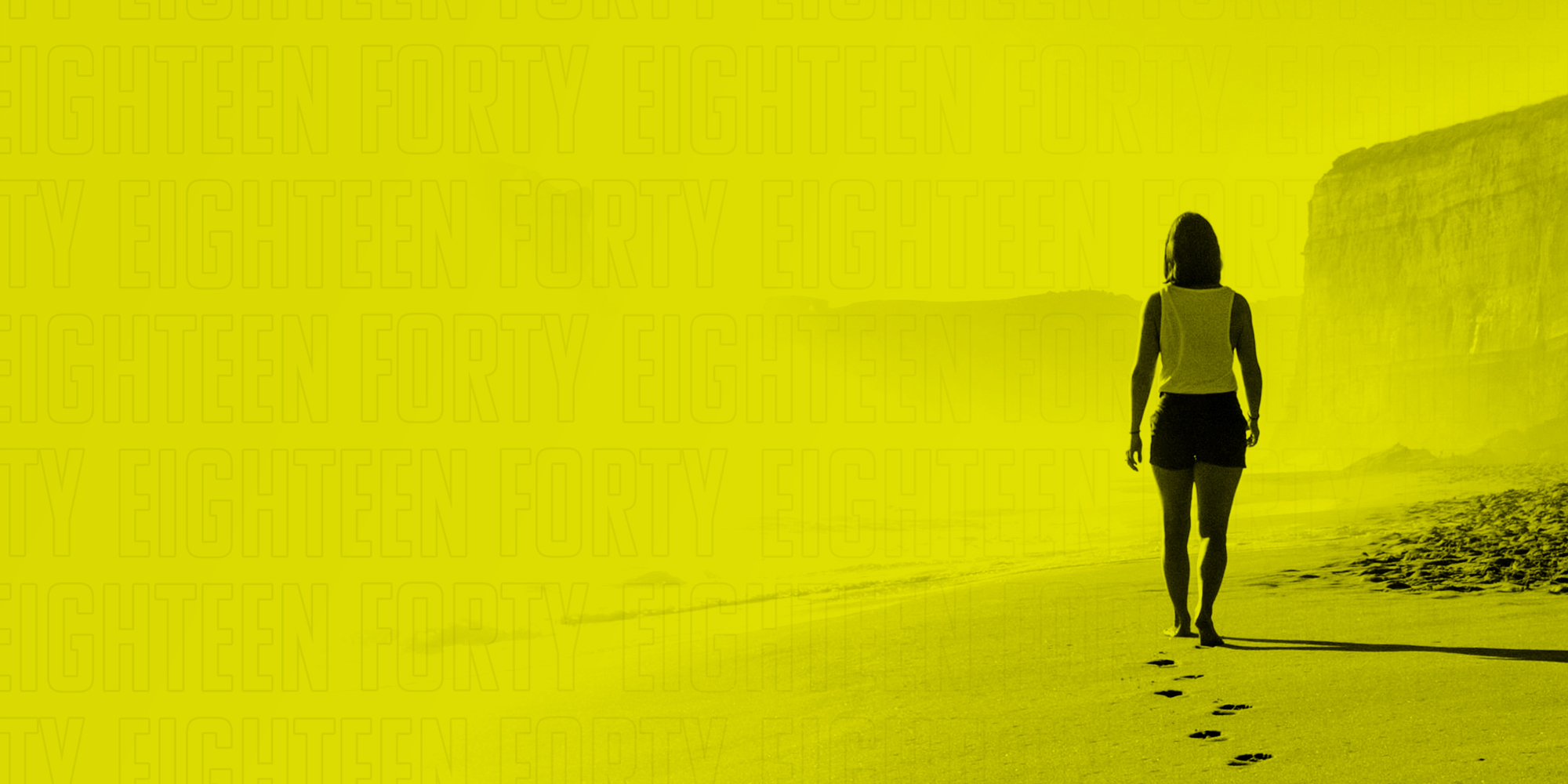
Summary
David introduces the next series of the 18Forty Podcast: why people join and leave religion and what we can learn from their decisions.
Transcript
David Bashevkin:
Hello and welcome to the 1840 podcast, and I’m really excited to introduce our next topic for the new month. We drop topics monthly and we offer all sorts of podcasts, text-based compendiums, where you can kind of read a little bit more about the topic and of course an introductory video. And this month we’re going to be talking about a somewhat controversial topic, which is called going off the derech. Leaving, literally, off the derech, “derech” meaning the path, which is people who’ve been brought up in religious homes, people who have been raised in observant homes, that have chosen to take their lives in a different course. And I think that this is a really important topic. It’s a strange topic in many ways to include here for a host of reasons. Usually we don’t really talk much about this. It’s not really a topic that’s discussed in depth. It’s a topic we’re used to seeing in, whether it’s Netflix shows like Unorthodox or One of Us, people who have left the Hasidic community, sometimes you’ll see a documentary here and there.
But I actually think it’s important to talk about in religious terminology, number one. And I also think that it’s a somewhat modern problem. I think it’s a modern, I don’t even like the word problem. I think it’s a modern phenomenon of the way that this is affecting our community and whichever community you’re in, and that for many centuries people have left Judaism, people converted to other religions, people left Judaism altogether. That’s not all too modern. But I think the way in which these two communities continue to interact and the way and the process in which many people leave has become increasingly modern. And that is the boundaries of the community are no longer as strict as they once were. It’s not like when you stop going to a certain shul, synagogue, whatever you call it, and you never hear from the person again. Because of the internet, social media, there’s so much more porousness in our community in the way that we interact with one another that even people who kind of leave religious communities, they’re still interacting and they’re still connecting in many ways with people inside of that community. And I think that’s created a really interesting dynamic where people who are inside and kind of insulated in many ways have this communal lens or heuristic in which they process the decision making of their friends and family members. And all of a sudden somebody leaves. It can feel really, really scary.
And I’ve seen this kind of been dealt with in a few different ways. The most common way that people kind of talk about this is through the lens of Hollywood almost. You know, you have these documentaries or these memoirs or shows and I’m not all looping them in together. Some of them I love, which we’ll talk about, but some of them kind of sensationalize it and make people who have left the religious community, they address them in a way that I think makes them even more distant and less instructive. And when you make them more distant, that obviously has important educational reasons why you would do that. Maybe you don’t want your young kids, or you’ve made a decision it’s too difficult for you. But I want to examine that very instinct to ensure that, oh my gosh, we should never speak about so-and-so again. And I really think that there are two main lenses that we’ve approached this community.
The first way is, I wrote an article that I share with absolutely nobody, I never published, but I did write it when I was still in college. And I remember it was when Matisyahu, the rap star who I loved and admired, I still do love him so much and his music is so beautiful. And he was like the poster child for this like religious singer that everybody was so excited about. He shaved his beard, and the community went bananas, like absolutely bananas. And I remember, I sat down and wrote an essay to myself, maybe I sent that to five friends – I think this was before most social media networks were all that popular – and I spoke about two things. Firstly, I spoke about a concept called spiritual schadenfreude. Schadenfreude is when you get joy from other people’s misery. And I think to an element, there’s a spiritual schadenfreude. There’s a sense of confidence, I think false confidence or unhealthy confidence, that we derive when people – I told you so, I knew it would be a problem, this is why we shouldn’t do that, this is why you shouldn’t get involved with this, this is why you shouldn’t read that. There’s a spiritual schadenfreude that we get when somebody leaves that I think is something that we need to examine but can be extraordinarily unhealthy.
And there’s another lens, and that other lens I think is also really important, and that is that insecurity when you see somebody who you know, who was committed, who was excited, and then they leave. There’s this nagging feeling of like, do they know something that I don’t know? Maybe what they, the decision that they made, maybe I should be making the same decision. Maybe I should be leaving as well. And our interactions, and this is again the modern lens of the entire issue, is that through the way that social media and the internet has us interacting, I think that insecurity of feeling, does this person know something that I don’t know, is something that might wisp or chip at somebody’s confidence in their own religious decision making. And I think both of these are important things to consider and both of them are going to be addressed in fantastic ways with our guests this month.
We have three extraordinary personalities who we’ve invited – each with very different stories – to talk about this phenomenon. And just to be clear, the concept and the phrase “going off the derech” is something that I absolutely hate and that I write about, in the text over here, it’s in the introductory video. I absolutely hate it. It makes religiosity and non religiosity this very clear binary when I think nothing could be farther from the truth. And the three guests here are all talking about it in different ways. Our first guest, who I’m so excited about, is someone named Shulem Deen, who wrote a phenomenal book called “All who Go Do Not Return”. It is a memoir of his time and eventual exit from the Hasidic community. Shulem Deen is a friend, he’s somebody who I’ve learned a great deal from, and what I love about his book, which is a memoir of leaving a Hasidic community, is that I found a religious language, a deep, intimate, emotional language, to describe both his time within the community and his eventual exit. And I think couching it in those terms was actually really moving. It’s a phenomenal read and our conversation really touches upon a great deal. It was one of the early, and I think the finest memoir, of this entire genre. Some I hate some, I love, this one I absolutely love.
We also have an amazing conversation with somebody named Kelsey Osgood, who is just absolutely fascinating. She’s probably the most fascinating writer you have most likely never heard of. She wrote the review for Shulem Deen’s book in the New Yorker, published in New Yorker magazine. And her story is absolutely phenomenal, you should listen to it. What makes her so interesting is she’s written a great deal about the, what’s known as the OTD – off the derech – community. She writes a great deal about people leaving and entering religion, and her story, her personal story is absolutely fascinating, because she herself, as she discusses in our interview, is a convert to Orthodox Judaism, which is this turn of, oh that’s interesting. And I have a great conversation with her about what draws her to these stories, and why her review of Shulem’s book was really a piece of religious writing that couches the entire story, and her story, in such a remarkable way.
And finally, my old friend who’s done such amazing work, he goes by a pseudonym Philo Judaeus, I think he goes by his real name now but I’ll keep that for the introduction. We’ll keep it at Philo Judaeus, that’s a pseudonym that he used to use online. And he created an online forum on Facebook called Frum/OTD dialogue, which is a space where people within the frum Orthodox community can converse and dialogue with people who left. And he really is such a thoughtful thinker about the role and significance of decision making. He’s a very philosophical, analytical thinker. It’s really, really remarkable. And the way that he talks about the decisions that he made in his life and what he talks to other people who come to him in the group, I think is both very thoughtful, sensitive, and worth listening to. And these three conversations, hopefully together, you’ll walk away not only with an appreciation for why people leave religion, but also I hope an appreciation for why so many stay and what it offers and how it can help your life.
Recommended Podcasts
podcast
Hadas Hershkovitz: On Loss: A Husband, Father, Soldier
In this episode of the 18Forty Podcast, we speak with Hadas Hershkovitz, whose husband, Yossi, was killed while serving on reserve duty in Gaza in 2023—about the Jewish People’s loss of this beloved spouse, father, high-school principal, and soldier.
podcast
Haviv Rettig Gur: ‘Hamas is upset the death toll in Gaza isn’t higher’
Haviv answers 18 questions on Israel.
podcast
Elissa Felder & Sonia Hoffman: How the Jewish Burial Society Cares for the Dead
Elissa Felder and Sonia Hoffman serve on a chevra kadisha and teach us about confronting death.
podcast
How Different Jewish Communities Date
On this episode of 18Forty, we explore the world of Jewish dating.
podcast
Red Flags: A Conversation with Shalom Task Force Featuring Esther Williams and Shana Frydman
We have a deeply moving conversation on the topic of red flags in relationships.
podcast
Einat Wilf: ‘Jews Are Never Allowed To Win, and Arabs Are Never Allowed to Lose’
The true enemy in Israel’s current war, Einat Wilf says, is what she calls “Palestinianism.”
podcast
The Dardik Family: A Child Moves Away From Zionism
In this episode of the 18Forty Podcast, we talk to Judah, Naomi, and Aharon Akiva Dardik—an olim family whose son went to military jail for refusing to follow to IDF orders and has since become a ceasefire activist at Columbia University—about sticking together as a family despite their fundamental differences.
podcast
Aliza and Ephraim Bulow: When A Spouse Loses Faith
In this episode of the 18Forty Podcast, we talk to Aliza and Ephraim Bulow, a married couple whose religious paths diverged over the course of their shared life.
podcast
Shlomo Brody & Beth Popp: Demystifying Death and the End of Life
In this episode of the 18Forty Podcast, we talk to Rabbi Shlomo Brody and Dr. Beth Popp.
podcast
‘Everything About Her Was Worth It’: The Life of Yakira Leeba Schwartz A”H
In this episode of the 18Forty Podcast, we talk to Yisroel Besser, who authored many rabbinic biographies and brought David Bashevkin to Mishpacha magazine, about sharing Jewish stories.
podcast
Menachem Penner & Gedalia Robinson: A Child’s Orientation
In this episode of the 18Forty Podcast, we talk to Rabbi Menachem Penner—dean of RIETS at Yeshiva University—and his son Gedalia—a musician, cantor-in-training, and member of the LGBTQ community—about their experience in reconciling their family’s religious tradition with Gedalia’s sexual orientation.
podcast
Benny Morris: ‘We should have taken Rafah at the start’
Leading Israeli historian Benny Morris answers 18 questions on Israel, including Gaza, Palestinian-Israeli peace prospects, morality, and so much more.
podcast
Rabbi Meir Triebitz: How Should We Approach the Science of the Torah?
In this episode of the 18Forty Podcast, we sit down with Rabbi Meir Triebitz – Rosh Yeshiva, PhD, and expert on matters of science and the Torah – to discuss what kind of science we can learn from the Torah.
podcast
Anshel Pfeffer: ‘The idea that you’ll obliterate Hamas is as realistic as wanting to obliterate Chabad’
Prime Minister Benjamin Netanyahu did not surprise Anshel Pfeffer over the last 17 months of war—and that’s the most disappointing part.
podcast
Why 1840?
In this episode of the 18Forty Podcast, we sit down for a special podcast with our host, David Bashevkin, to discuss the podcast’s namesake, the year 1840.
podcast
Larry and Tzipora Rothwachs: Here Without You — A Child’s Eating Disorder
In this episode of the 18Forty Podcast, we talk to Rabbi Larry Rothwachs and his daughter Tzipora about the relationship of a father and daughter through distance while battling an eating disorder.
podcast
Anita Shapira: ‘You cannot wipe out Hamas’
Leading Israel historian Anita Shapira answers 18 questions on Israel, including destroying Hamas, the crisis up North, and Israel’s future.
podcast
Talia Khan: A Jewish Israel Activist and Her Muslim Father
In this episode of the 18Forty Podcast, we talk to Talia Khan—a Jewish MIT graduate student and Israel activist—and her father, an Afghan Muslim immigrant, about their close father-daughter relationship despite their ideological disagreements.
podcast
Frieda Vizel: How the World Misunderstands Hasidic Jewry
In this episode of the 18Forty Podcast, we talk to Frieda Vizel—a formerly Satmar Jew who makes educational content about Hasidic life—about her work presenting Hasidic Williamsburg to the outside world, and vice-versa.
podcast
Gadi Taub: ‘We should annex the north third of the Gaza Strip’
Gadi answers 18 questions on Israel, including judicial reform, Gaza’s future, and the Palestinian Authority.
podcast
Lizzy Savetsky: Becoming a Jewish Influencer and Israel Advocate
In this episode of the 18Forty Podcast, we talk to Lizzy Savetsky, who went from a career in singing and fashion to being a Jewish activist and influencer, about her work advocating for Israel online.
podcast
Mikhael Manekin: ‘This is a land of two peoples, and I don’t view that as a problem’
Wishing Arabs would disappear from Israel, Mikhael Manekin says, is a dangerous fantasy.
podcast
Yishai Fleisher: ‘Israel is not meant to be equal for all — it’s a nation-state’
Israel should prioritize its Jewish citizens, Yishai Fleisher says, because that’s what a nation-state does.
Recommended Articles
Essays
This Week in Jewish History: The Nine Days and the Ninth of Av
Tisha B’Av, explains Maimonides, is a reminder that our collective fate rests on our choices.
Essays
I Like to Learn Talmud the Way I Learn Shakespeare
If Shakespeare’s words could move me, why didn’t Abaye’s?
Essays
3 Arguments for God’s Existence
Perhaps the most fundamental question any religious believer can ask is: “Does God exist?” It’s time we find good answers.
Essays
Fighting for My Father’s Life Was a Victory in its Own Way
After losing my father to Stage IV pancreatic cancer, I choose to hold onto the memories of his life.
Essays
Books 18Forty Recommends You Read About Loss
They cover maternal grief, surreal mourning, preserving faith, and more.
Essays
Benny Morris Has Thoughts on Israel, the War, and Our Future
We interviewed this leading Israeli historian on the critical questions on Israel today—and he had what to say.
Essays
Why Reading Is Not Enough for Judaism
In my journey to embrace my Judaism, I realized that we need the mimetic Jewish tradition, too.
Essays
A Letter to Children Estranged From Their Parents
Children cannot truly avoid the consequences of estrangement. Their parents’ shadow will always follow.
Essays
‘The Crisis of Experience’: What Singlehood Means in a Married Community
I spent months interviewing single, Jewish adults. The way we think about—and treat—singlehood in the Jewish community needs to change. Here’s how.
Essays
3 Questions To Ask Yourself Whenever You Hear a Dvar Torah
Not every Jewish educational institution that I was in supported such questions, and in fact, many did not invite questions such as…
Essays
(What) Do Jews Believe About the Afterlife?
Christianity’s focus on the afterlife historically discouraged Jews from discussing it—but Jews very much believe in it.
Essays
Do You Need a Rabbi, or a Therapist?
As someone who worked as both clinician and rabbi, I’ve learned to ask three central questions to find an answer.
Essays
Between Modern Orthodoxy and Religious Zionism: At Home as an Immigrant
My family made aliyah over a decade ago. Navigating our lives as American immigrants in Israel is a day-to-day balance.
Essays
Do We Know Why God Allows Evil and Suffering?
What are Jews to say when facing “atheism’s killer argument”?
Essays
The Erasure of Sephardic Jewry
Half of Jewish law and history stem from Sephardic Jewry. It’s time we properly teach that.
Essays
From Hawk to Dove: The Path(s) of Yossi Klein Halevi
With the hindsight of more than 20 years, Halevi’s path from hawk to dove is easily discernible. But was it at every…
Essays
Judith Herman Is Giving Voice to Survivors
Dr. Judith Herman has spent her career helping those who are going through trauma, and has provided far-reaching insight into the field.
Essays
‘Are Your Brothers To Go to War While You Stay Here?’: On Haredim Drafting to the IDF
A Hezbollah missile killed Rabbi Dr. Tamir Granot’s son, Amitai Tzvi, on Oct. 15. Here, he pleas for Haredim to enlist into…
Essays
The Hardal Community Explained: Torah, Am Yisrael, and Redemption
Religious Zionism is a spectrum—and I would place my Hardal community on the right of that spectrum.
Essays
A Brief History of Jewish Mysticism
To talk about the history of Jewish mysticism is in many ways to talk about the history of the mystical community.
Essays
Rabbi Eliezer Berkovits’ Complicated Portrait of Faith
Meet a traditional rabbi in an untraditional time, willing to deal with faith in all its beauty—and hardships.
Essays
How and Why I Became a Hasidic Feminist
The Lubavitcher Rebbe’s brand of feminism resolved the paradoxes of Western feminism that confounded me since I was young.
Essays
When Losing Faith Means Losing Yourself
Elisha ben Abuyah thought he lost himself forever. Was that true?
Recommended Videos
videos
Mysticism
In a disenchanted world, we can turn to mysticism to find enchantment, to remember that there is something more under the surface…
videos
18Forty: Exploring Big Questions (An Introduction)
18Forty is a new media company that helps users find meaning in their lives through the exploration of Jewish thought and ideas.…
videos
Talmud
There is circularity that underlies nearly all of rabbinic law. Open up the first page of Talmud and it already assumes that…
videos
The Hasidic Rebbe Who Left it All — And Then Returned
Why did this Hasidic Rebbe move from Poland to Israel, only to change his name, leave religion, and disappear to Los Angeles?
videos
Did Judaism Evolve? | Origins of Judaism
Has Judaism changed through history? While many of us know that Judaism has changed over time, our conversations around these changes are…
videos
Jonathan Rosenblum Answers 18 Questions on the Haredi Draft, Netanyahu, and a Religious State
Talking about the “Haredi community” is a misnomer, Jonathan Rosenblum says, and simplifies its diversity of thought and perspectives. A Yale-trained lawyer…





